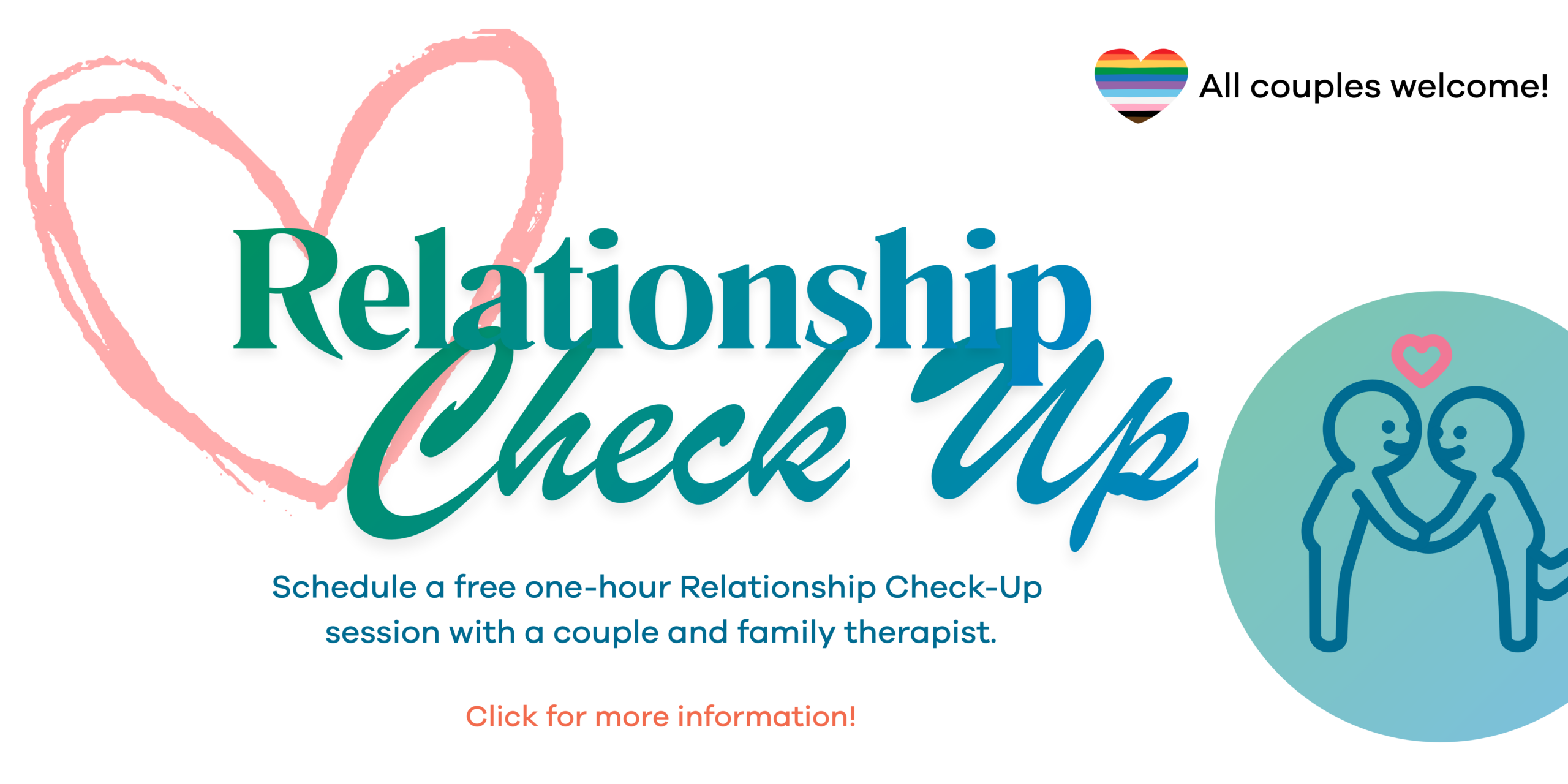Community of Practice
For professionals and service providers on the front-line working with the impact of trauma every day.

Upcoming Training
5 Part Trauma Series Training
Winter Lunch & Learns
Pathways to Cultural Competence
Witnessing the suffering of others has an impact. Secondary traumatic stress, or vicarious trauma, happens through exposure to the trauma of others.
“The expectation that we can be immersed in suffering and loss daily and not be touched by it is as unrealistic as expecting to be able to walk through water without getting wet.”
– Naomi Rachel Remen
Together we can stay well and sustain the important work of supporting others.
We offer educational training, and workshops for all levels of service and care providers and support for establishing communities of practice. Training can be offered in-person or online to best fit your needs and accessibility.
Available Training Options
Or connect with us to discuss customized training.
Additional Resources
Understanding Trauma
Trauma is an emotional, psychological and physical response to an overwhelming negative life-changing event or wound.
Examples of such events may include crime, accident, disasters, abuse or neglect (emotional or physical), witnessing or experiencing violence, violent conflict and war or death of a loved one.
The short-term response may include shock and denial while longer-term reactions may include emotions that are difficult to predict, flashbacks, troubled relationships and other physical symptoms.
Trauma-informed Practice
Trauma-informed practice (TIP) is an approach that recognizes the widespread impact of trauma on individuals and integrates this understanding into policies, procedures, and practices.
It emphasizes safety, trustworthiness, peer support, collaboration, empowerment, and cultural sensitivity.
The goal is to create an environment that fosters healing and recovery, recognizing that trauma can affect a person’s emotional, psychological, and physical well-being.
More Information
Toward Cultural Competency
Cultural competency refers to the ability to understand, respect, and effectively work with individuals from diverse cultural backgrounds.
Cultural competency centers the practice of cultural awareness, knowledge, skill, desire and encounters with the other.
Cultural competency invites the humility to focus on identifying our own implicit biases, understand ourselves and embrace interpersonal sensitivity and cultivating an appreciation for the multifaceted components of individual intersections of identity (culture, gender, sexual identity, race and ethnicity, religion, lifestyle, etc.)
Sustaining Wellness
Key Components for Wellness and Resilience:
- Emotional Health: Understanding and managing emotions is vital. This includes recognizing stressors and practicing emotional regulation.
- Social Connections: Building and maintaining supportive relationships can provide emotional support and reduce feelings of isolation.
- Physical Health: Regular exercise, a balanced diet, and adequate sleep contribute significantly to mental health.
- Mindfulness and Self-Care: Engaging in mindfulness practices and self-care routines can help in reducing stress and promoting relaxation.
- Purpose and Goals: Having a sense of purpose and setting achievable goals can enhance motivation and a sense of achievement.
Strategies for Building Resilience:
- Positive Thinking: Cultivating a positive mindset can help you cope better with stress and adversity.
- Problem-Solving Skills: Developing effective problem-solving strategies can enhance your ability to cope with challenges.
- Flexibility and Adaptability: Being open to change and adapting to new circumstances can foster resilience.
- Seeking Help: Knowing when to seek professional help and utilizing support systems is crucial for maintaining mental health.
